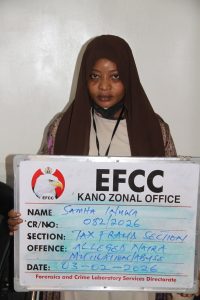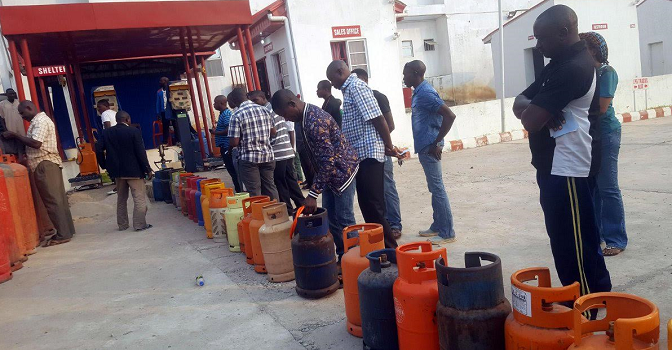In what is regarded as one of the major milestone in Nigeria’s drive toward cleaner and more sustainable electricity generation, Federal Government on Wednesday signed a 30-year concession agreement with Quaint Energy for the development of the 6-megawatt Ikere Gorge Hydropower Project in Oyo State.
Ikere Gorge Dam was conceived in the late 1970s, and construction began in the early 1980s under successive administrations as a multi-purpose scheme for power generation, irrigation, and water supply.
The dam is located at the Ogun River in Iseyin LGA and holds a large reservoir, commonly cited at roughly 690 million cubic metres, which has long been recognised as suitable for hydropower and irrigation projects.
The original master plan, it was gathered, envisaged a far bigger hydropower output, but after incomplete construction and equipment procurement in the 1980s, the power component stopped.
But since then, several attempts sto commercialise or revive the hydropower option did not see the light of the day, thereby subjected the turbines and electrical equipment exposed to decades of neglect and corrosion.
Speaking during the signing ceremony held in Abuja, the Minister of Power, Chief Adebayo Adelabu, described the signing as the culmination of more than a decade of negotiations between the government and the private developer.
Adelabu, who presided over the meeting , added that the Ikere Gorge project, alongside the 2MW Omi-Kampe Hydropower Project in Kogi State, forms part of the Federal Government’s strategic plan to expand renewable energy generation, enhance energy access, and stimulate state-level electricity markets.
“It gives me great pleasure to be here today to witness the signing of the concession agreement between the Federal Ministry of Power and Quaint Energy for the development of the 6MW Ikere Gorge Hydropower Project in Oyo State and the 2MW Omi-Kampe Hydropower Project in Kogi State. This event marks another important milestone in our collective journey toward achieving a sustainable, reliable, and affordable power supply across Nigeria,” the minister said.
He added that the hydropower projects represent more than energy investments—they are catalysts for rural industrialisation and agricultural productivity.
“Once fully developed, these plants have the potential to deliver reliable electricity to surrounding communities, support agricultural processing zones, small industries, and social infrastructure, and catalyse rural economic transformation,” he said.
Although the signing for the Omi-Kampe project was deferred to allow both parties to finalise contractual details, Adelabu stressed that both ventures reaffirmed the Federal Government’s commitment to private sector-led growth in the power industry.
According to him, the government’s focus is now on creating an enabling regulatory environment, ensuring policy stability, and de-risking private investments through credible partnerships and transparent processes.
“The Ikere Gorge Dam project and Omi-Kampe Dam Projects are more than hydropower concessions; it is a strategic intervention that underscores the Federal Government’s resolve to advance energy access, stimulate state electricity markets, and enhance local industrial productivity through clean and renewable energy sources.
“Through public–private partnerships like this concession, we are unlocking capital, technology, and innovation from the private sector to deliver projects that directly impact citizens and strengthen energy security,” Adelabu stated.
According to him, once fully developed, the hydropower plants have huge potential to scale further reliable electricity to surrounding communities, support agricultural processing zones, small industries, and social infrastructure, and catalyse rural economic transformation within Oyo and Kogi States, respectively.
The minister further noted the government’s initiative to bridge the country’s long-standing metering deficit.











